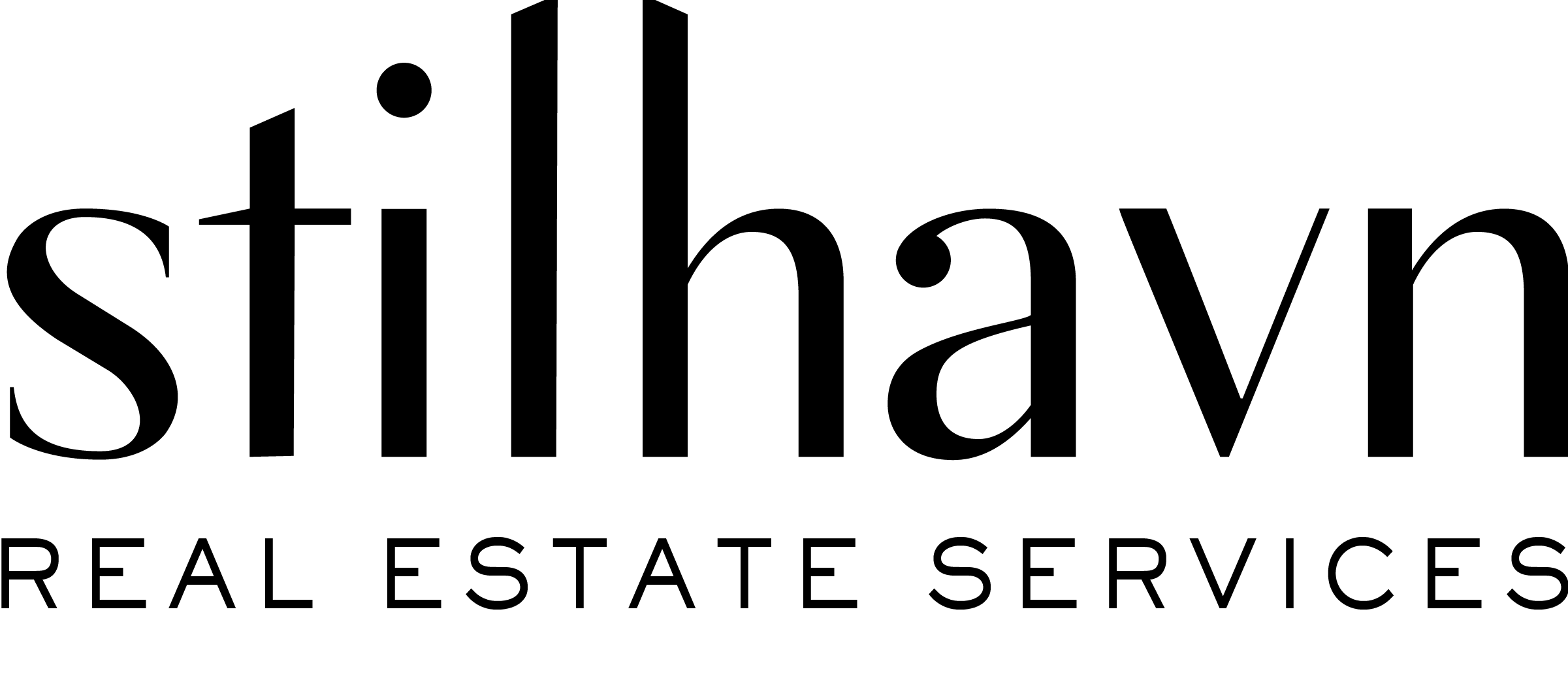As of January 1, 2025, British Columbia’s new Home Flipping Tax is officially in effect. Designed to curb speculative activity in the housing market, this tax directly targets short-term home resales, often referred to as “flipping.” For home buyers and sellers, understanding this tax is crucial to making informed decisions in 2025 and beyond.
What Is the BC Home Flipping Tax?
The Home Flipping Tax is a measure aimed at discouraging individuals and entities from buying and selling residential properties within a short time frame purely for profit. Under this tax, profits made from reselling a property within 12 months of its purchase are now subject to taxation as business income, rather than the more favourable capital gains tax rate.
This tax applies regardless of whether the property is a primary residence, investment property, or secondary home. However, there are specific exemptions for life events such as death, divorce, disability, or employment relocation.
Impact on Home Sellers
1. Increased Costs for Flippers
For those looking to flip properties for profit, the new tax significantly increases the cost of doing business. Previously, only 50% of capital gains were taxable; now, 100% of the profits from a flipped property will be taxed at the seller’s full income tax rate. This shift makes flipping less lucrative and could deter speculative activity.
2. Slower Transactions
Sellers who may have been inclined to sell within a year of purchase might now reconsider. Instead of flipping quickly, homeowners may hold onto properties for longer to avoid the tax, potentially reducing the number of listings on the market.
3. Strategic Pricing Adjustments
The added tax burden could force sellers to adjust their pricing strategies. To remain competitive, sellers may need to account for the reduced pool of buyers interested in short-term transactions, particularly investors.
Impact on Home Buyers
1. Reduced Competition from Flippers
For prospective buyers, especially first-time buyers, the tax could bring some relief. With fewer speculators in the market, there may be less competition for entry-level homes, potentially easing upward pressure on prices in certain segments.
2. Long-Term Investment Focus
Buyers will likely adopt a more long-term mindset, viewing homes as places to live rather than quick investments. This cultural shift may foster greater stability in the market.
3. Higher Prices for Renovated Homes
With flippers exiting the market, the availability of fully renovated properties may decline. Buyers seeking move-in-ready homes could face higher prices for such properties, as they’ll likely become rarer.
Broader Market Effects
Overall, the Home Flipping Tax is expected to create a more balanced real estate market in British Columbia. By reducing speculative activity, the government hopes to alleviate some of the affordability challenges faced by residents. However, critics argue that the tax may reduce market liquidity and inadvertently exacerbate supply constraints.
What Should Buyers and Sellers Do?
Buyers will likely adopt a more long-term mindset, viewing homes as places to live rather than quick investments. This cultural shift may foster greater stability in the market.
For Buyers:
- Focus on long-term affordability and value when purchasing a home.
- Consider buying properties that may need renovations, as these could offer better value compared to turnkey homes.
For Sellers:
- Plan your transactions carefully, ensuring you’re aware of the tax implications if selling within 12 months.
- Consult a tax professional to explore exemptions or strategies to minimize tax liabilities.
Final Thoughts
The BC Home Flipping Tax is a significant step in addressing housing affordability and speculation. While it’s too early to predict its full impact, we make it our business to understand the nuances and we’re here to help! Reach out to a Stilhavn REALTOR® for clarity around how to navigate this evolving market.



